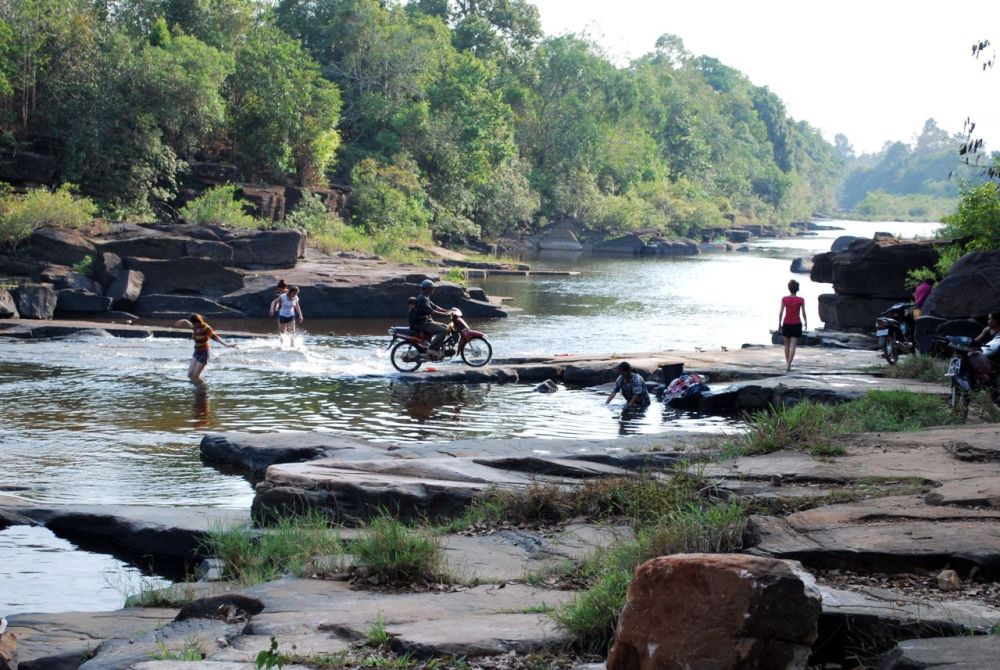

Nestled in the heart of the Cardamom Mountains, Chi Phat is a community-based ecotourism village in Koh Kong Province, Cambodia. Historically, this area was largely isolated, with few economic opportunities for the local community beyond traditional agriculture and, unfortunately, poaching and logging due to the richness of the surrounding biodiversity.
The turning point for Chi Phat came in the early 2000s when conservation NGOs recognized the potential for ecotourism to protect the environment and provide sustainable livelihoods for the local people. In 2007, with the support of organizations like Wildlife Alliance, the Community-Based Ecotourism (CBET) project was officially launched.
This initiative transformed Chi Phat from a remote village into an internationally recognized ecotourism destination. It has enabled tourists to experience the stunning natural beauty of the area, including waterfalls, mountains, and a vast range of wildlife, while also contributing to the conservation efforts and improving the living standards of the local community.
Adventure Tourism: With the increasing demand for authentic and adventurous experiences, Chi Phat offers trekking, mountain biking, and kayaking through the wilderness, catering to the eco-conscious traveler.
Cultural Experiences: Tourists are increasingly seeking out genuine cultural interactions. Chi Phat provides homestays, cultural workshops, and cooking classes that allow visitors to immerse themselves in the local way of life.
Wildlife Tourism: The pristine environment of the Cardamom Mountains is home to a multitude of species. Bird watching tours and wildlife spotting excursions are increasingly popular, attracting nature lovers and biodiversity enthusiasts.
Sustainable Practices: The growth of sustainable travel has steered Chi Phat's development. Visitors are encouraged to respect the local environment, with waste reduction initiatives and sustainable infrastructures, such as solar-powered lighting, being implemented.
Overall, Chi Phat continues to thrive as an ecotourism hub, with its history being a testament to the positive changes that responsible travel can bring about. Tourists not only leave with memorable experiences but also contribute to a global model for community-based sustainability.